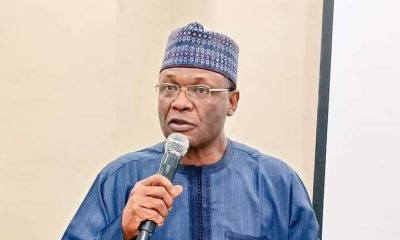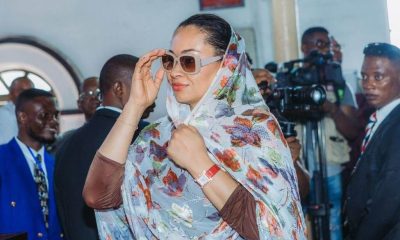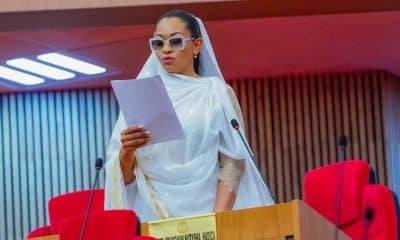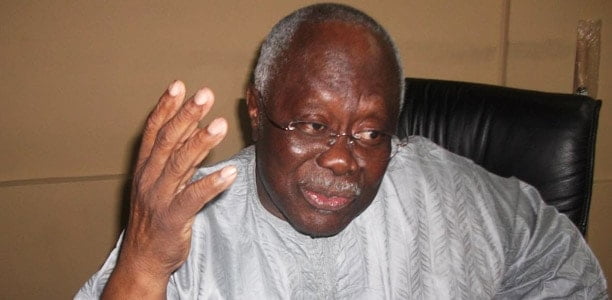Nigeria News
Politicians With A ‘Winner-Takes-All’ Mentality Pose Greatest Threat To Electoral Process — Chima Amadi
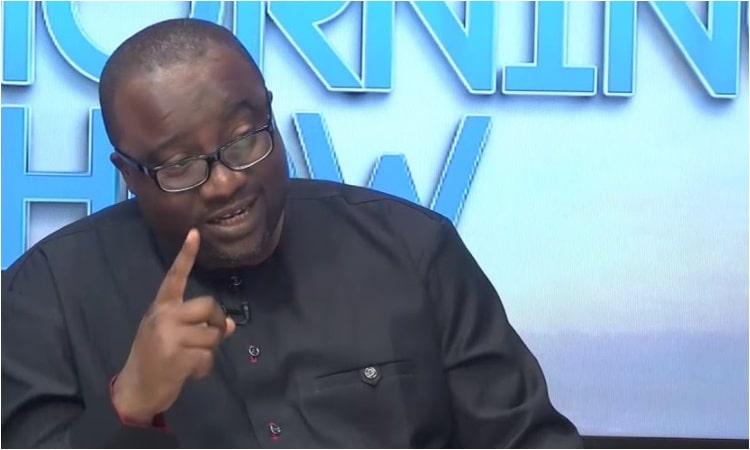
Activist and political scientist, Chima Amadi has asserted that the primary obstacle to Nigeria’s electoral process and democracy is politicians who are entrenched in a ‘winner-takes-all’ mindset.
Amadi presented his viewpoint in a paper titled “2023 General Elections Assessment of Political Landscape: Election Monitor’s Perspective” during the second day of the ongoing Nigeria Guild of Editors (NGE) conference in Uyo, Akwa Ibom state.
He also knocked security agencies, the media, the judiciary, the Independent National Electoral Commission, INEC, and Civil Society Organisations, CSOs, for lapses in the discharge of their duties, which also compromised the election process.
Amadi said: “It is ironic that politicians pose the biggest threat to the democratic process. The winner-takes-all nature of our political system means that politicians gain the most incentives to subvert the process.
“And over the years, they have demonstrated the willingness and desperation to subvert it.
“The ingenuity deployed by politicians to seek out the loopholes in the legal and regulatory framework is enormous. And their determination to find the gaps in the process cannot overemphasised.”
Politicians’ innovations
He said it was Nigeria’s politicians “that have designed the process of vote buying to circumvent innovation of card readers and BVAS. It is the politician that offers monetary inducements to stakeholders in the electoral process, including the security agents and staff of the electoral commission.”
Amadi expressed gratitude to the Guild’s leadership for extending an invitation to him to deliver a presentation at its 19th Annual National Editors’ Conference (ANEC). He underscored the significance of such conferences, emphasising that they play a crucial role in shaping the national discourse.
He said in assessing the role played by key stakeholders in our election processes in the 2023 elections, “it is also important to assess the roles played by key stakeholders to appraise the success of the election.
“We need to know who did what, when, where and how. We need to know which officials or agencies performed their roles optimally and which did not.
“Stakeholders that worked in the electoral ecosystem can be categorised into about six groups. The media, the electoral umpire, security agencies, Civil Society Organizations/Observer groups, Politicians and the Judiciary.”
However, he noted that lack of capacity in one of the groups does not stop others from functioning.

